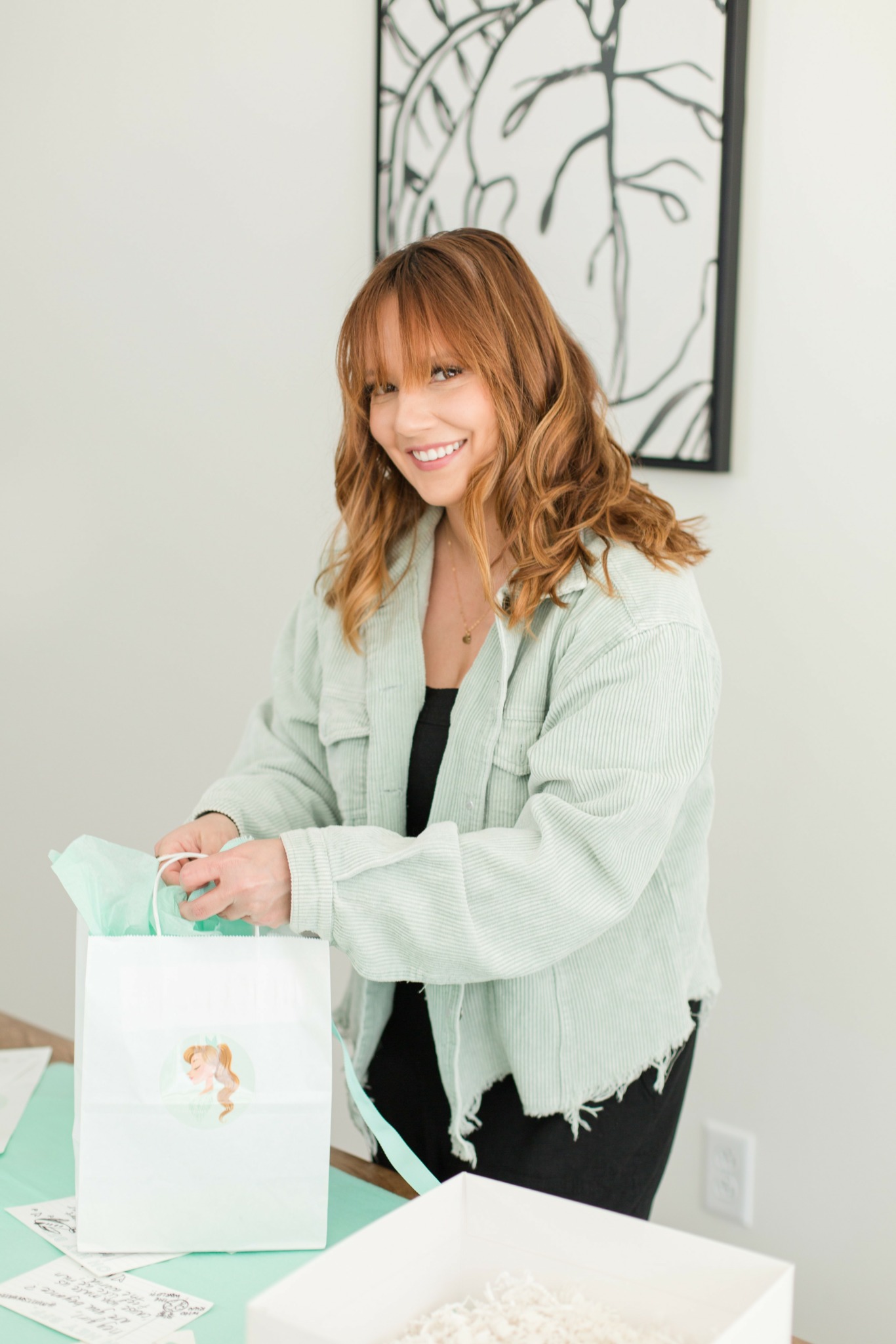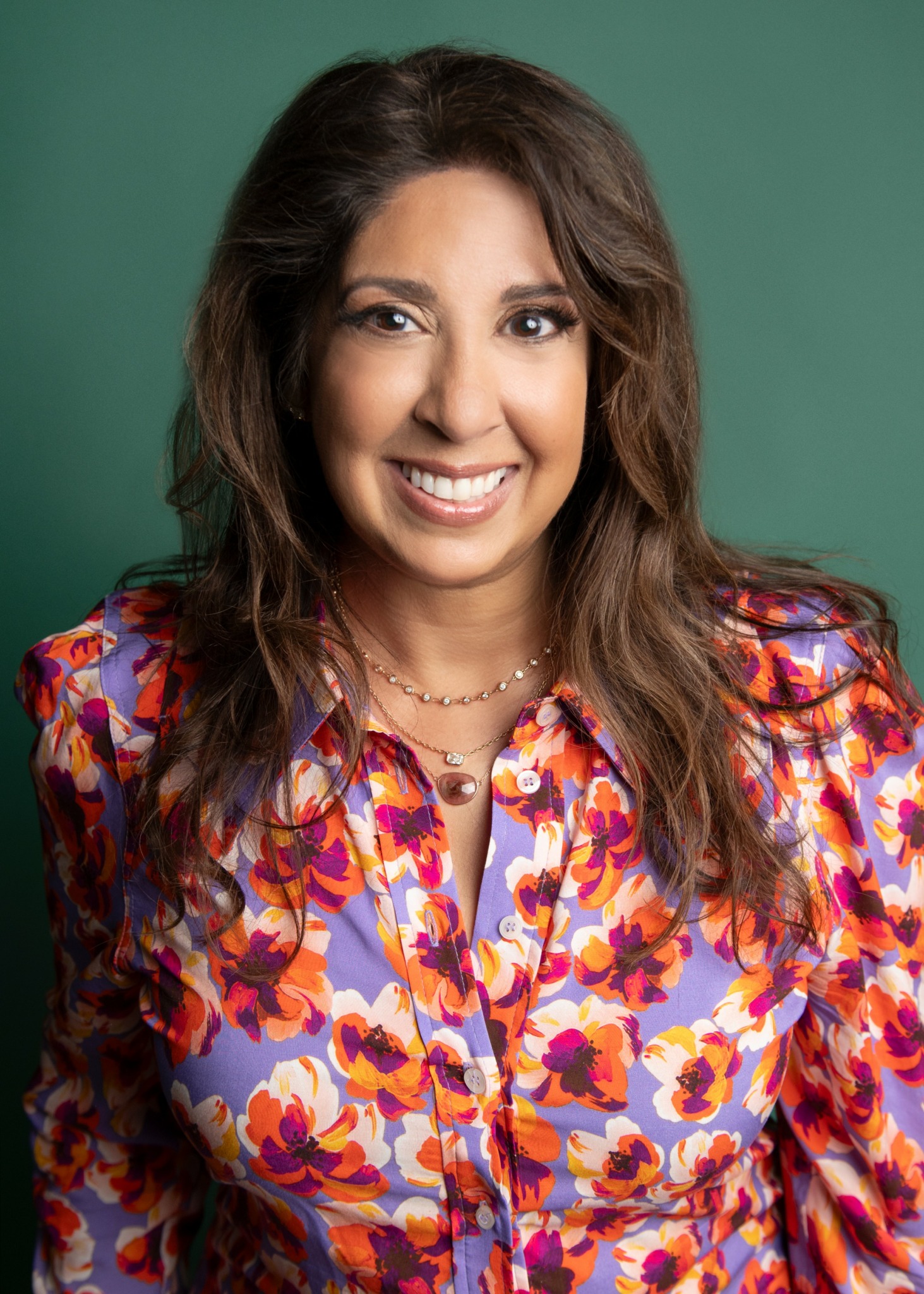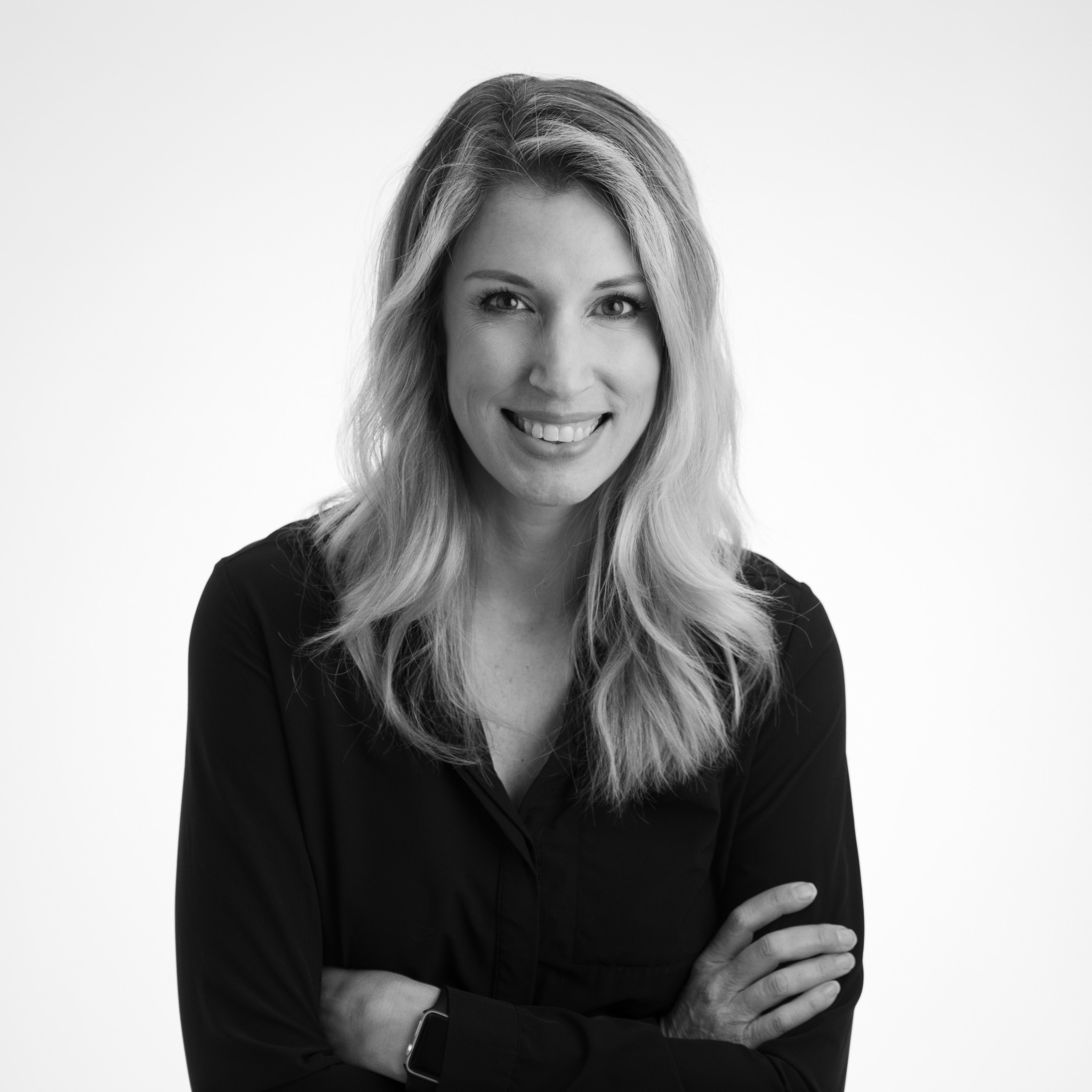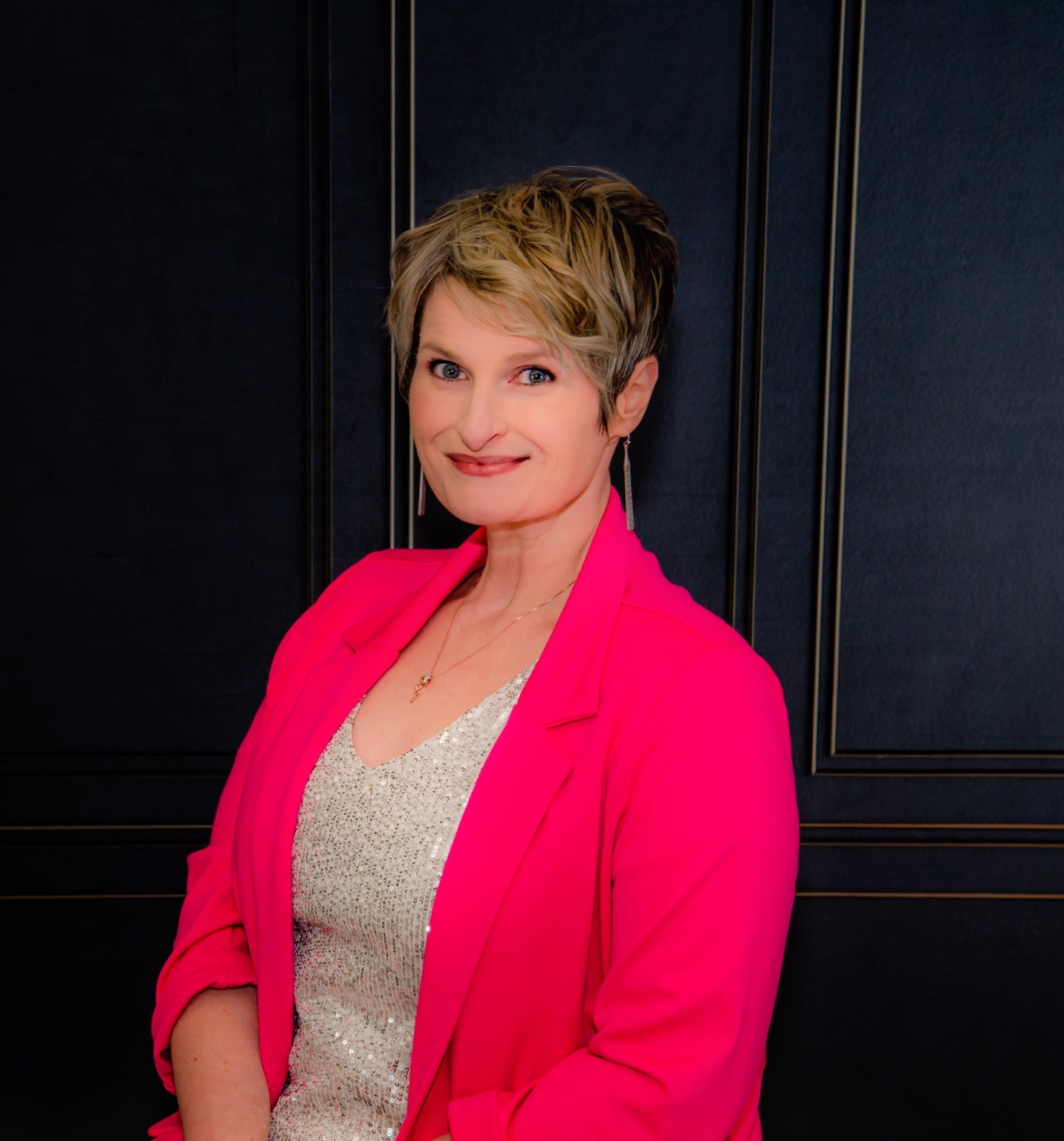Deviating from industry norms is one of the most common characteristics we’ve seen among highly successful brands and professionals and so we’ve asked some brilliant folks to give us real life examples of how they do things differently from the industry standard.
Marnie Dashwood

As a business owner, your work becomes your art. And like any artist, you pour a little of yourself into it every time.
For me, what makes The Mint Sweater unique is that I never tried to separate myself from it, I simply poured a little bit of who I am into everything I did. Over time, that’s what shaped the brand.
People often say there’s just something about The Mint Sweater that makes them drawn to it. They can’t quite explain it…it’s the colors on the walls, the cozy details in the décor, the custom playlist playing, the textures of the clothes, and the overall energy when you walk in. Read more>>
Ruchi Pinniger

Yes—what we do at Watch Her Prosper® is very different from what you typically see in the financial services space. We’re not just about the spreadsheets, the bookkeeping, or preparing clients for tax time—though we absolutely handle all of that. What sets us apart is that we approach money through what I call a “practical tactical + mindset” lens. Read more>>
Kendall Swenson

Like most women, I learned how to put on my makeup when I was a teen by watching friends, reading fashion magazines (now social media) and mostly from just experimenting on my own. But there really wasn’t any organized instruction available to me, I just had to figure it out. And because I loved makeup so much, I eventually created a career out of it and I now work as a professional makeup artist. Read more>>
Marvin Lim

The entire foundation of TheKitchenTable was built by doing one major thing differently from the industry standard: we flipped the pricing model on its head.
In the traditional private chef world, the power dynamic is set by the chef. They have a high, non-negotiable price-per-person, and the customer either takes it or leaves it. This immediately makes the service feel exclusive and unaffordable for most people. We saw this as the single biggest barrier preventing the industry from growing. Read more>>
Muhammadu Liman

Hadesh Bodycare: When Luxury Turns Back to the Land
The first time I truly saw my mother’s hands — rough and cracked from years of mixing herbs in our small Kaduna kitchen — I understood the quiet power of plants. She would blend golden shea butter, vibrant hibiscus, and nut-rich palm oil, whispering, “What we need grows here.” There was no fuss, no fancy bottles — just trust in nature’s generosity. Read more>>
Jordan Butler

I’ve lived and breathed wedding photography for 12 years now and a lot has changed.
With the rise of social media, it’s not just about selling your art, but selling yourself as a personality. This has brought in a new level of business, including reels, photo carousels, stories, algorithms, and more marketing. Read more>>
Terri Johnson

Most independent bookstores don’t stock independently published authors—or if they do, it’s through consignment. That means the author provides books for free, and only gets paid if they sell. If a book is damaged or stolen, the author takes the loss.
I once saw a consignment agreement that outright stated: if a book is stolen, it’s the author’s loss—not the store’s. No other business operates this way. Retailers don’t expect the maker of a product to eat the cost of theft or damage. So why should authors? Read more>>
Kassi Bracken

For me, photography is about more than just taking pictures — it’s about capturing real moments, emotions, and memories that last a lifetime. Too often, clients are surprised by additional charges just to receive the images they invested in, and I knew I didn’t want my clients to ever feel that way. Read more>>
Lissette Carter

Having been in the self-publishing industry for almost a decade, I have seen how publishers give new authors limited creative ability and do not teach how to market books. Personally, this was a frustration of mine as a new author. The average new author makes $1,000. And it’s simply because they are not guided on how to write their work, how to launch, and how to continue marketing post-launch. They are also not taught how to build a business around their work or utilize it as a marketing tool to drive more leads to their existing businesses. Read more>>
Bobbie Warren

At Nexus Counseling Services, we’ve intentionally built our practice to diverge from the traditional mental health clinic model. While many organizations focus primarily on client volume and rigid structures, we’ve chosen to prioritize our clinicians first, because we believe that when clinicians feel valued, supported, and empowered, they naturally provide the highest quality care to their clients. Read more>>


